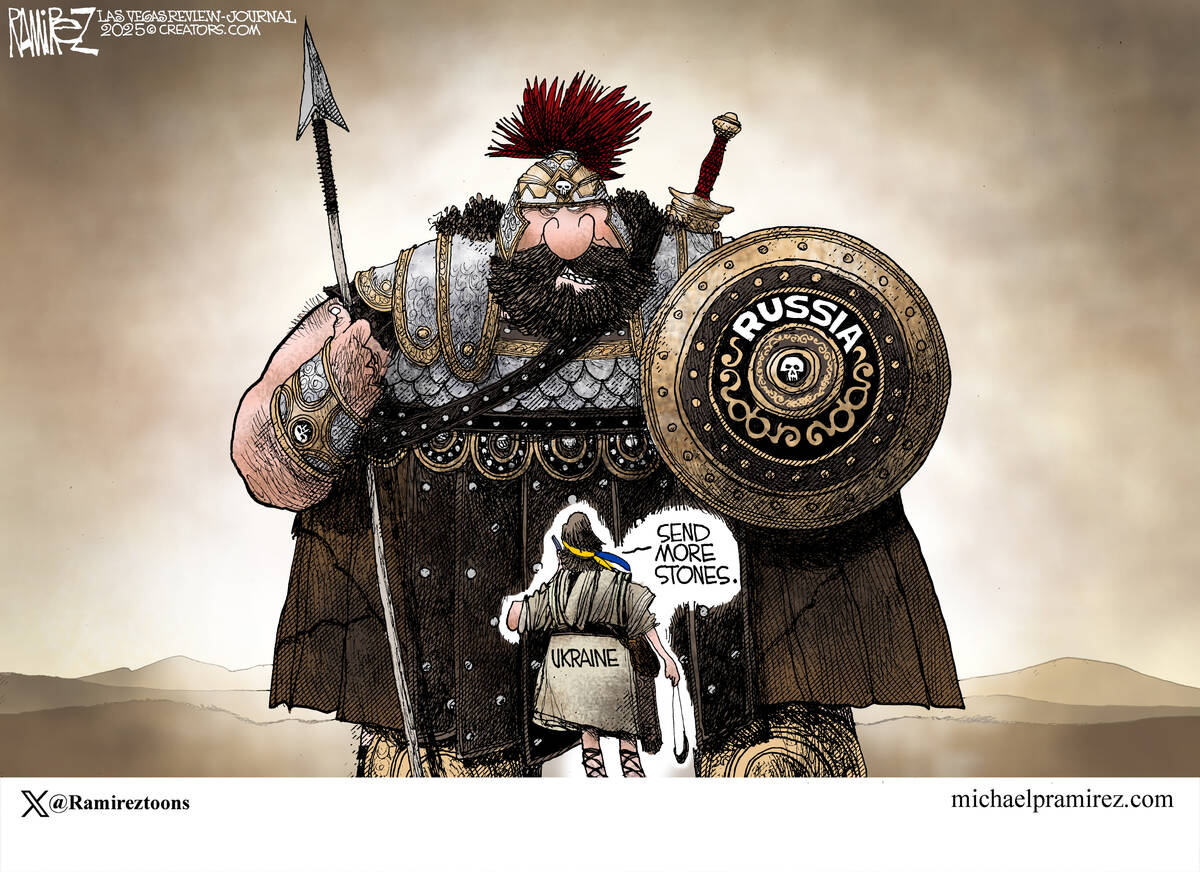The ongoing conflict in Ukraine has intensified, leading to urgent discussions on how to support the nation effectively. As international attention focuses on the war, leaders and organizations are exploring various strategies to help Ukraine navigate its challenges and emerge stronger.
International Support and Financial Aid
In March 2024, the European Union announced a significant financial aid package aimed at bolstering Ukraine’s economy. The EU pledged approximately $5 billion to support essential services, infrastructure repair, and humanitarian assistance. This funding is critical as the country grapples with the immediate effects of the conflict and seeks to stabilize its economy.
Ukrainian President Volodymyr Zelenskyy has emphasized the importance of international support in his recent addresses. He highlighted that sustained financial assistance is essential for maintaining public services and ensuring that the country can rebuild in the aftermath of the conflict. During a press conference, Zelenskyy stated, “The solidarity of our partners is invaluable. We must work together to ensure a resilient future for Ukraine.”
The role of NATO has also been under scrutiny. As the situation evolves, NATO members are considering increasing military support to Ukraine. This includes not only defensive measures but also strategic training programs to enhance the capabilities of Ukrainian forces. The alliance aims to equip Ukraine to defend itself against ongoing threats while fostering a cooperative security environment in the region.
Humanitarian Efforts Amidst Conflict
The humanitarian crisis in Ukraine continues to escalate, with millions displaced and in need of assistance. According to the United Nations, over 8 million people have been forced to flee their homes since the onset of the conflict. Humanitarian organizations are mobilizing resources to provide food, shelter, and medical care to those affected.
Efforts to address the needs of the population are paramount, especially as winter approaches. Organizations such as the International Red Cross are working tirelessly on the ground to deliver essential supplies. The ongoing conflict has complicated these efforts, making safe access to vulnerable communities a significant challenge.
In addition to immediate relief, long-term recovery plans are being discussed. Experts are suggesting a comprehensive approach that includes rebuilding infrastructure, restoring public services, and promoting economic development. This multifaceted strategy aims to not only address the acute needs of the population but also lay the groundwork for a sustainable future.
As the international community rallies to support Ukraine, the focus remains on finding effective and innovative solutions to ensure the nation’s survival and recovery. The coming months will be crucial in defining Ukraine’s path forward and solidifying the solidarity of its partners on the global stage.
